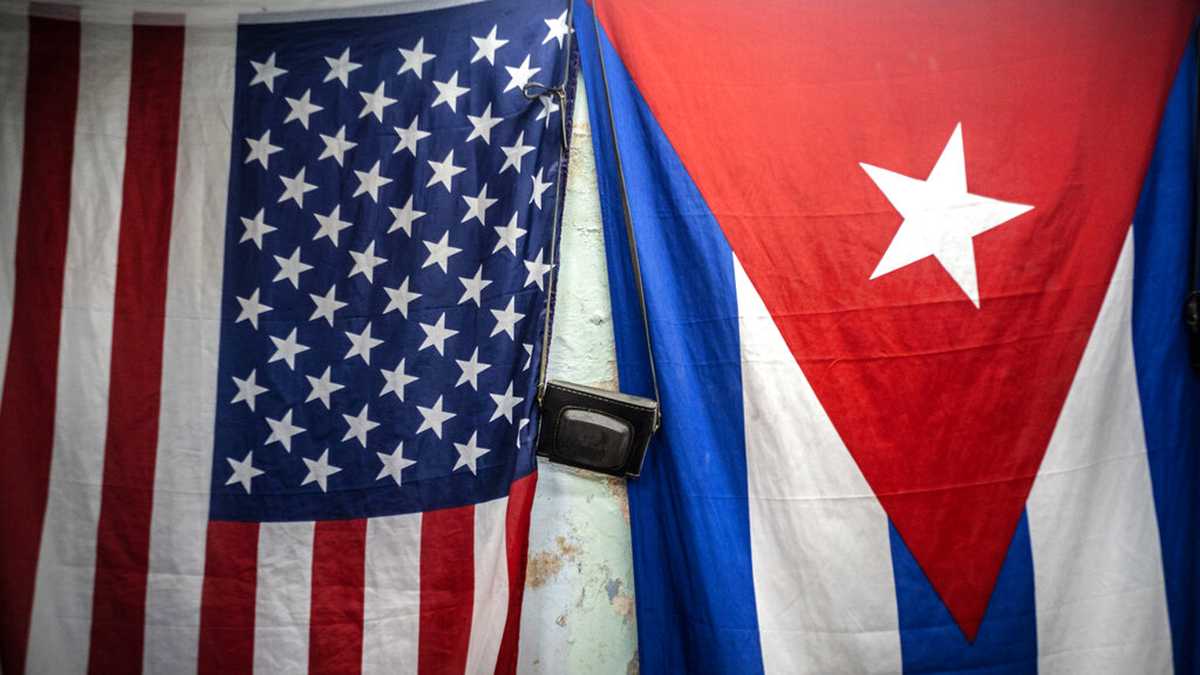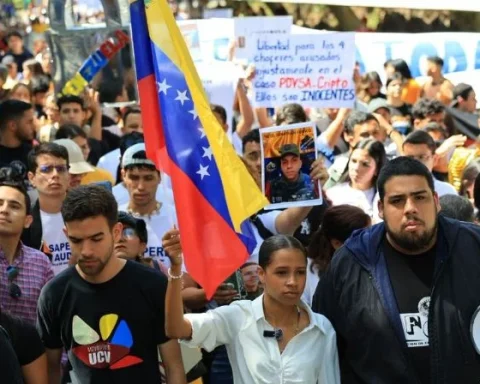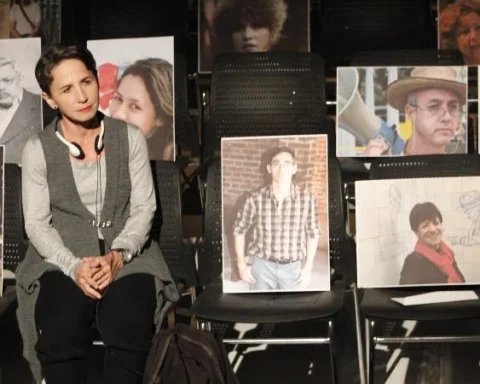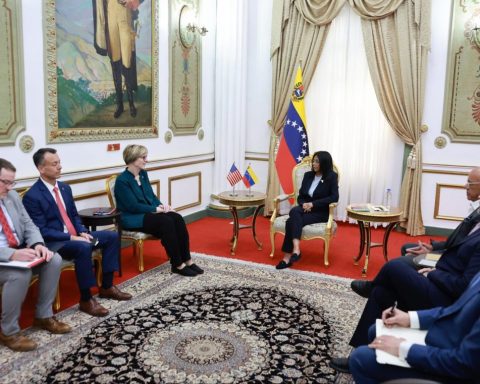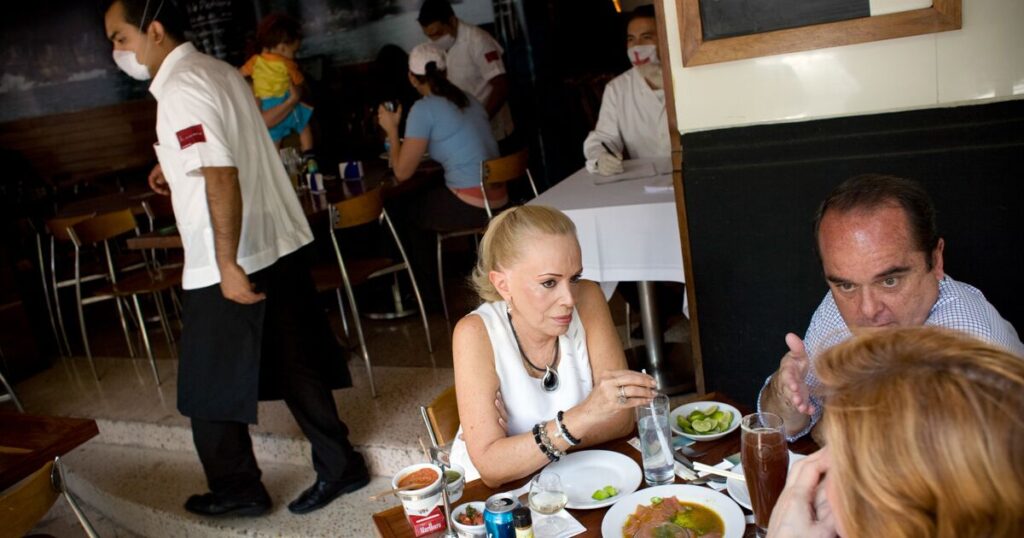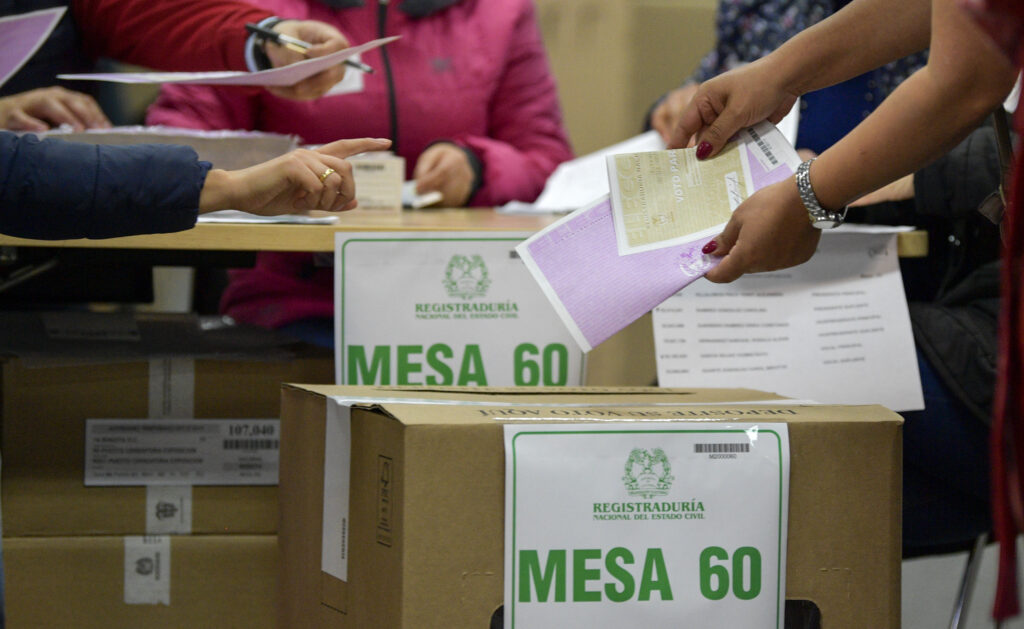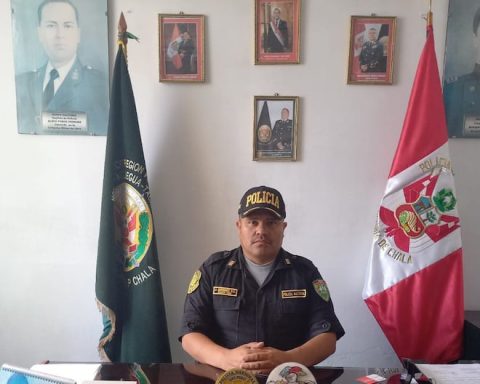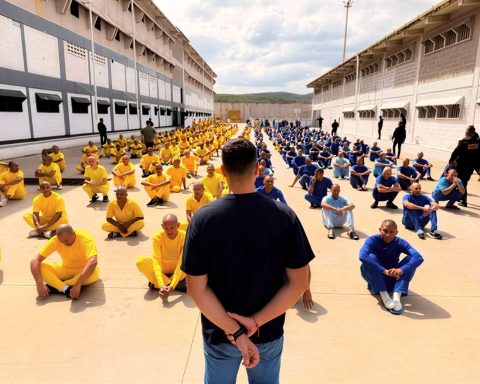President Joe Biden has finally learned his lesson, as each of his 11 predecessors reluctantly had to do when engaging with Cuba: Some US interests can only be advanced if there is a commitment to Havana. Following a fifteen-month policy review, during which former President Donald Trump’s draconian economic sanctions were maintained, the State Department ad recently that it will relax the measures that have had the greatest impact on the Cuban people.
The change comes at a time when irregular migration from Cuba aggravates the crisis on the southern border of the United States and the Latin American heads of state threaten to boycott the next Summit of the Americas if Cuba is excluded.
Biden’s new measures do not constitute a return to former President Barack Obama’s policy of normalization. They represent a limited and unilateral easing of targeted sanctions that, taken together, resemble Obama’s first-term Cuba policy more than the historic breakthrough to restore full diplomatic relationsannounced in December 2014. But they will have a huge impact, improving the standard of living of millions of Cubans and reducing the triggers for irregular migration.
Cuba-United States: the beginning of a new thaw or more of the same?
Biden will lift restrictions on cash remittances, which amounted to about 3.5 billion dollars a yearbefore Trump blocked themand restore people-to-people educational travel, used by more than 638,000 annual American visitors until Trump suspended them. The new policy also promises financial measures to facilitate trade between US companies and the growing Cuban private sector, although the devil will be in the details of the final regulations.
Biden’s new measures seem driven by the confluence of the immigration crisis and the rebellion in Latin America in the face of US policy.
As the Cuban economy has contracted under the parallel blows of US sanctions and the COVID-19 pandemic, migration has skyrocketed. But since Trump reduced the staff of the United States Embassy (2017), including the end of consular services, the issuance of immigrant visas has plummeted by 90%. With safe and legal migration closed, tens of thousands of Cubans have crossed the Latin American continent and moved north to the US border: more than 35,000 in April alone and 115,000 since last September. That’s already more people than arrived during the 1994 rafter migration crisis and almost as many as in the 1980 Mariel, and with no end in sight.
In April, the United States invited Cuba to resume conversations on regular migration, as established by the bilateral migration agreements that emerged from the 1994 crisis —consultations that Trump had suspended. Biden’s new measures reaffirm the previous commitment to gradually replenish the staff of the consular section of the United States Embassy and resume the issuance of immigrant visas under the Cuban Family Reunification Program. Additionally, Biden’s restoration of remittances and travel will ease economic hardship, the main reason Cubans leave the country.
The Central American migratory route: testimony of a Cuban migrant (II)
Another key factor in Biden’s new policy is the objections of Latin American heads of state to statements by senior US officials to the effect that Cuba, Venezuela and Nicaragua will not be invited to the Ninth Summit of the Americas, which Biden will organize next month in Los Angeles. Mexican President Andrés Manuel López Obrador rebuked the US administration, warning: “If you don’t invite everyone, I won’t go.” Other dubious attendees include the leaders of Bolivia, Honduras and the twenty islands of the Caribbean Community. Brazilian President Jair Bolsonaro has hinted that he too could not participate, although for reasons unrelated to Cuba. A boycott would be a huge embarrassment for Biden. Even at this late date, the invitations have not gone out, so Cuba may be offered a seat at the table after all.
Migration and hemispheric policies are not new issues in US-Cuba relations. Three other presidents faced before migration crises: Lyndon Johnson in 1965, Jimmy Carter in 1980, and Bill Clinton in 1994. Each engaged with Cuba diplomatically because that was the only way to resolve the crisis at hand. Moreover, on all three occasions the domestic political costs of the crises that became front-page news far outweighed the risk of offending South Florida Cuban-Americans by compromising with the Castro regime.
Two of Biden’s predecessors faced similar challenges in Latin America over their Cuba policies. In the early 1970s, Latin American countries began to desert the economic and diplomatic sanctions imposed by the Organization of American States in 1964 on Cuba. The then US Secretary of State, Henry Kissinger, complained that the Cuba issue dominated meetings with his Latin American counterparts. Removing Cuba from the inter-American agenda was one of the Kissinger’s motifs to start secret talks in 1975 to normalize relations with Havana, though they came to nothing.
Obama’s 2014 decision to normalize relations was heavily influenced by the public rebuke he received from Latin American heads of state at the Sixth Summit of the Americas (2012). Even close allies of the United States warned that unless Cuba was invited to the 2015 summit, they would not attend. In the words of Obama’s deputy national security adviser, Ben Rhodes, Washington’s policy of perpetual hostility had become “a burden on the neck of the United States in the hemisphere and throughout the world”.
And so it remains. The strange parallel between the embarrassment Obama suffered at the Sixth Summit and the risk of even greater embarrassment for Biden at the Ninth has finally forced the White House to embrace a limited reopening to Cuba. It is a good first step that will benefit many Cuban families, but unilateral actions alone are not enough.
During its last two years, the Obama administration signed 22 bilateral agreements with the Cuban government on a wide range of issues of mutual interest, from environmental protection to law enforcement. The State Department also opened talks with Havana on highly controversial issues such as human rights and compensation for damages to property nationalized in Cuba. By reversing Obama’s policy, Trump froze the implementation of those agreements and broke off all substantive diplomatic dialogue with Cuba.
Biden’s next step in developing his own Cuba policy should be to pick up where Obama left off, building closer cooperation with Havana on issues of mutual interest—not as a favor to the Cuban government, but because the The only way the United States can make progress on transnational issues is by cooperating with its neighbors.
The experience of other presidents shows that engaging diplomatically with the Cuban government on issues of mutual concern, first and foremost migration, has been an effective way to advance US interests. The Cuban diplomat Ricardo Alarconwho led Cuba’s negotiations with Washington for two decades, briefly summed up the logic of the compromise: “We are two neighbors who have had abominable relations,” he said, but “unlike people, we cannot move to another place.”
***
*This article was originally published in English on the site WRP. Its version in Spanish is published with the explicit authorization of its author.
